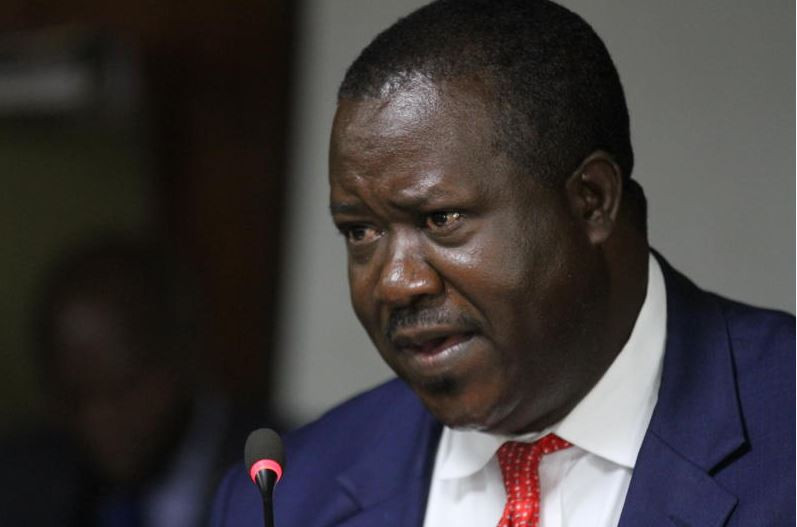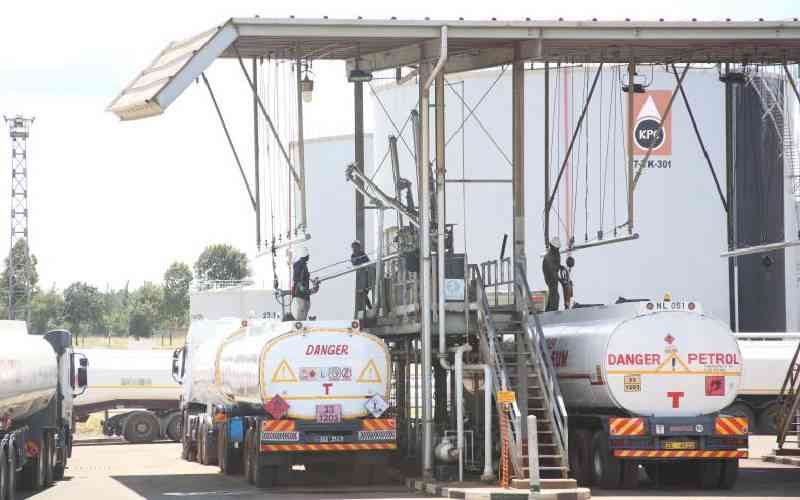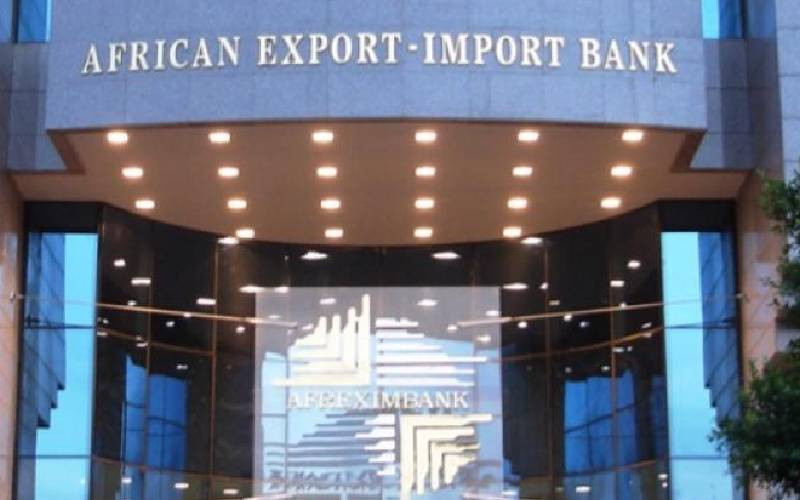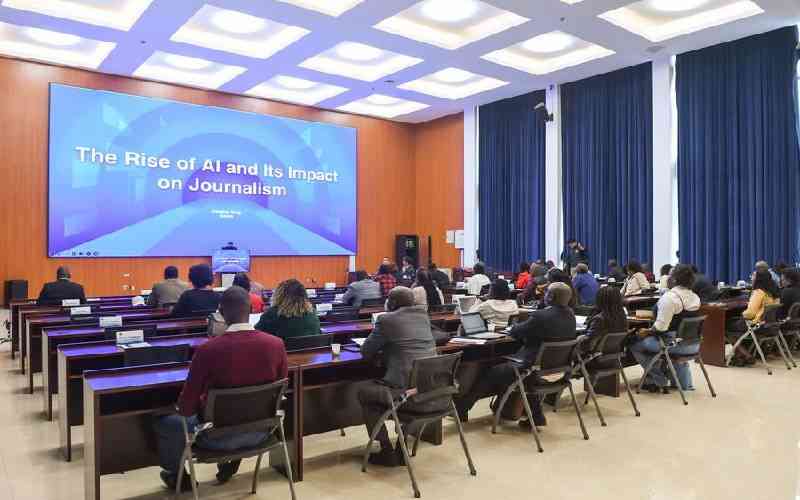
Workers have joined the opposition against the privatisation of the Kenya Pipeline Company (KPC).
The Kenya Petroleum Oil Workers Union, in a case filed before the High Court, claims that the National Treasury and KPC management have been conducting the process in an opaque manner.
The union informed Justice Bahati Mwamuye that thousands of workers are also at risk as there has been no commitment to protect their jobs once a private investor takes over the controlling stake held by the government.
It wants the court to bar the government from undertaking any further steps towards the privatisation of the Kenya Pipeline Company Limited, including but not limited to initiating an Initial Public Offering, engaging transaction advisers, or signing any contract for the sale of shares.
At the same time, it asked the judge to block Parliament from considering, approving, or in any way facilitating the Sessional Paper No. 2 of 2025 or any related framework for the privatisation of the corporation.
KPOWU’s case is a second challenge to the intended privatisation process.
The first case was filed by the Consumer Federation of Kenya (Cofek) against the National Treasury, the Privatisation Authority, the National Assembly and the Attorney General.
In this case, Cofek also cited KPC, the Capital Markets Authority, and the Nairobi Securities Exchange as interested parties.
The lobby group alleged that KPC is a strategic national asset, owning and operating the national petroleum pipeline and storage infrastructure, and hence cannot be handed to private entities without proper procedures and public participation.
The Stephen Mutoro-led federation alleged that KPC shares are being discreetly sold, despite the corporation being one of the most profitable entities for the government.
The judge heard that a transfer of a 65 per cent stake to the hands of private individuals would mean that Kenyans are losing out on the much-needed revenue generated for the government.
“The respondents have conducted and advanced the privatisation process for the Kenya Pipeline Company Limited without genuine, informed and structured public participation, and without adequate disclosure of critical information to the public,” argued Cofek’s lawyer, Tali Israel Tali.
According to Israel, the sale will undoubtedly have a ripple effect on the cost of petroleum products in the country. He said that consumers and factories will be at the mercy of the person or persons who acquire the corporation, as they will control how much should be charged for storage, among other things.
“KPC’s infrastructure directly underpins petroleum supply and pricing in Kenya. Privatising a controlling stake without price stability safeguards or a demonstrated plan to protect supply reliability threatens to impair consumers’ rights to goods and services of reasonable quality and to information necessary for their benefit,” argued Tali.
Stay informed. Subscribe to our newsletter
It is not the first time that the sale of KPC is subject to a court battle. Orange Democratic Movement (ODM) leader Raila Odinga in 2023 moved to court seeking to stop the sale of the same entity.
On 9 October 2023, President William Ruto assented to the Privatisation Bill, 2023 into law. The commencement date was set as 27 October 2023.
The new law repealed the Privatisation Act of 2005 and introduced several sections that gave the Executive sweeping powers to dispose of prized government assets.
Prof. Ndung’u then published a privatisation programme for the 11 parastatals.
Awele observed the programme was, however, undated.
Among assets listed for sale are the Kenyatta International Conference Centre (KICC), Kenya Pipeline Company (KPC), Kenya Literature Bureau (KLB), National Oil Corporation (NOC), Kenya Seed Company Limited, Mwea Rice Mills, and Western Kenya Rice Mills Limited.
Also listed are New Kenya Cooperative Creameries, Kenya Vehicle Manufacturers Limited, Rivatex East Africa Limited, and Numerical Machining Complex.
In the case, Raila through his party, ODM, accused the Dr Ruto-led Kenya Kwanza administration of selling off Kenya’s sovereignty without public participation.
Lawyer Jackson Awele filed the case on behalf of ODM. Awele argued that some of the parastatals earmarked for sale are strategic security institutions, meaning private persons will control Kenya.







